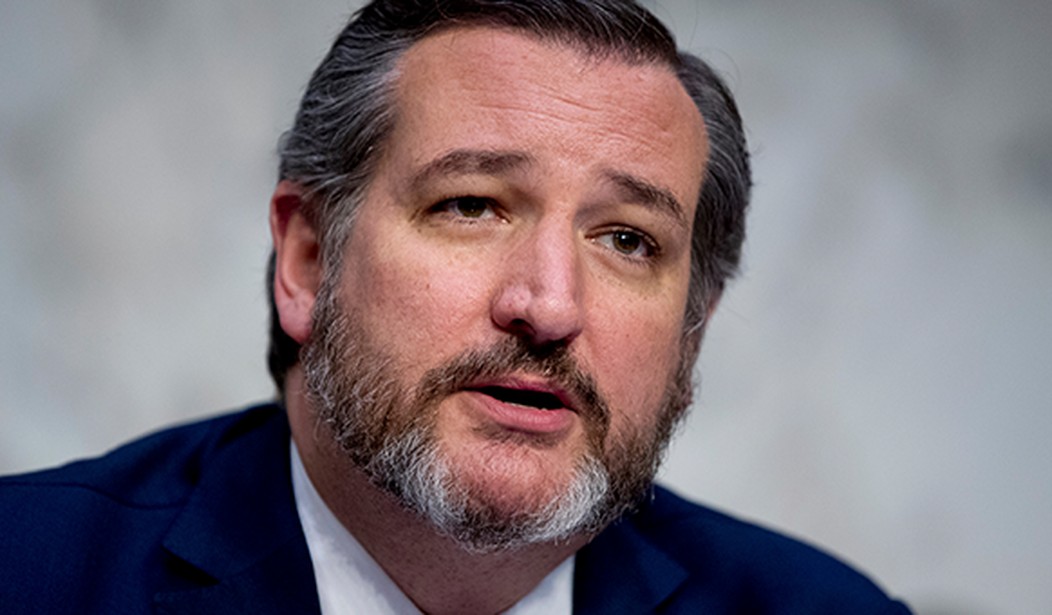Texas Sen. Ted Cruz (R) on Sunday explained why he established a coalition with 10 other Republican senators to challenge the results of the 2020 presidential election. Instead of simply objecting to the certification, the coalition wants to see a "10-day audit" of the results after "unprecedented allegations of voter fraud, violations and lax enforcement of election law, and other voting irregularities."
"We know that we heard from [Attorney General] Bill Barr and he said he didn't see fraud. We know that we heard from the states and we also know that we heard from the Supreme Court, who did not hear from the attacks and the cases that said there was fraud," Fox News' Maria Bartiromo said. "How do you respond to that?"
"Each of those different players has a different role in our constitutional system," Cruz replied with a shrug. "Bill Barr was speaking as to the evidence the Department of Justice saw. The Department of Justice wasn't administering any elections, did not have access to particularly widespread evidence on either side of the issue. As for the states, there's a lot of people in the states and state legislatures who expressed deep, deep concerns about the unlawful practices that we saw on Election Day, that was saw particularly in cities controlled by Democratic politicians: shutting down the vote, throwing out observers, disregarding the law."
"Finally, you mention the Supreme Court. I wish the Supreme Court had taken this case. There were two opportunities to take this case: one out of Pennsylvania, one out of Texas," he explained. "In both instances the lawyers asked me to argue those cases."
Recommended
According to Cruz, President Trump called him and asked him if he would argue the Texas case in front of the Supreme Court, should the justices decide to hear the case. The senator said yes but the opportunity never arose.
"I wish the Court had taken one or both of those cases," he said. "I think the Supreme Court would be a better forum for resolving those issues. That was obviously the forum where we resolved similar issues in 2000 in Bush v. Gore."
Because the Supreme Court refused to hear the various cases that came to them, Cruz said it's why he believes Congress has a responsibility to address the issue.
The problem, in the senator's eyes, is that members of Congress face two "lousy choices" when they vote to certify the election results on Wednesday.
"Look, we got to vote on January 6th on certification and every member of Congress faces a dilemma. Frankly, two pretty lousy choices: one, we can vote to certify by not considering any objection. If we do that that will be heard by a lot of Americans as saying, 'We don't think voter fraud is a real concern. We don't think these claims should be investigated thoroughly,'" Cruz explained. "I know that's not what most of us believe. And, secondly, almost all of us don't want to be in a position where we're suggesting setting aside the results of an election just because the candidate we supported didn't happen to prevail. That's not a principled constitutional position."
When the Texas senator established the coalition with his Republican colleagues in the Senate, his goal was to create a third option rooted in the law.
"We ought to resolve these claims not just dismiss them out of hand," he explained.
























Join the conversation as a VIP Member